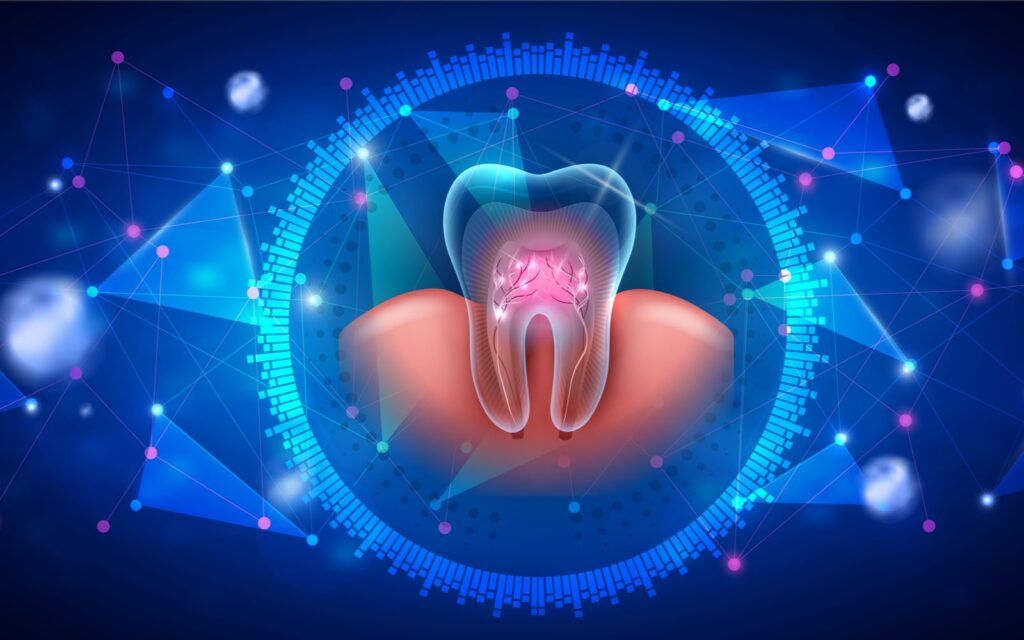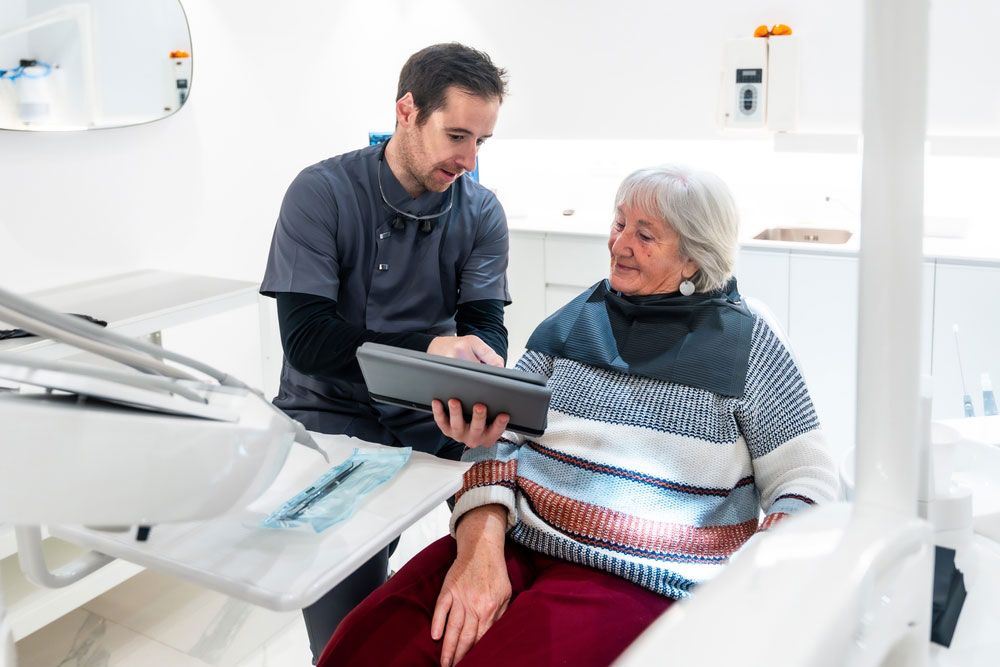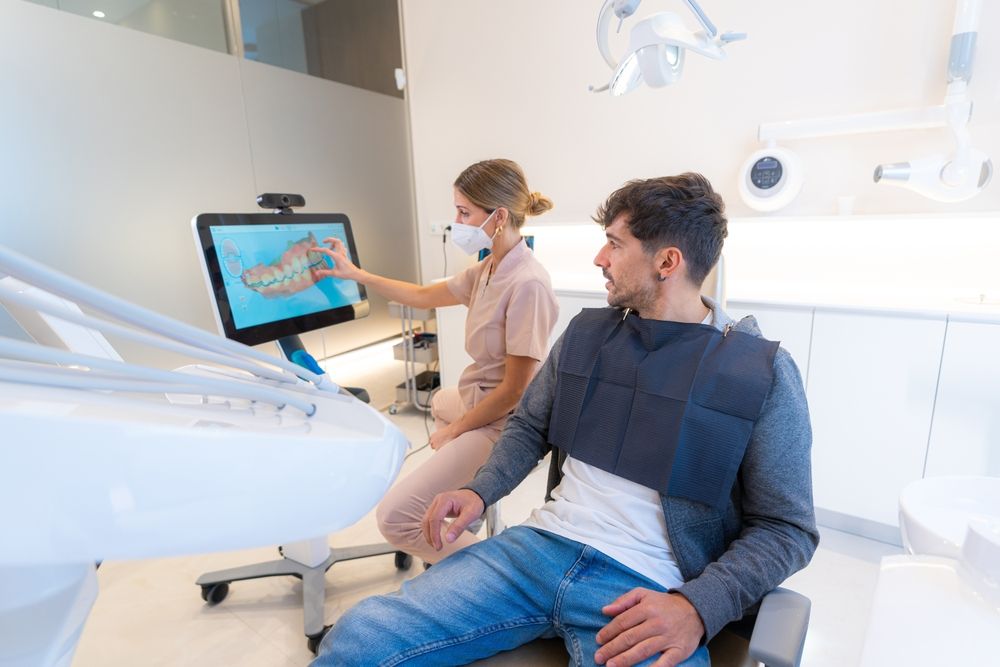Our endodontic experts are here to help you through any tooth pain you may be experiencing. In some cases of tooth infection, a nonsurgical root canal procedure may not be able to save your tooth, and in these cases, endodontic surgery may be recommended. There’s good news, though! Endodontic surgery can help protect your tooth in a variety of situations, including:
- Calcium Deposits: Calcium deposits present along the inner tooth’s root canal may need removal through endodontic surgery, as these deposits can cause severe pain.
- Reinfected Canals: Previous root canal treatment have the potential to become reinfected, even after months of successful treatment, so surgery may be able to help save your tooth.
- Damaged Root Surface: Any signs of damaged root surfaces or damage to the surrounding bone will often require surgery.
- Diagnosing Symptoms: In rarer cases, surgery can be used to locate microscopic fractures along the canal that cannot be seen through an x-ray.
Many surgical procedures can be used to help protect and save a tooth, and for endodontists, the most common form of surgery used is an apicoectomy or root-end resections. Any inflammation found within the bony area surrounding the end of the tooth can be helped through this procedure. If you’re worried about pain, then know that local anesthesia will be used to make your procedures as comfortable as possible, and our endodontists will provide you with special post-operative instructions to follow to keep your teeth healthy and pain-free.







